Biomass production and recovery - RKWMU1EBNE
Academic year/semester: 2024/25/2
ECTS Credits: 6
Available for: All OU students
Lecture hours: 2
Seminarium:-
Practice: 2
Laboratory: 0
Consultation: -
Prerequisites: None
Course Leader: Csaba Ágoston, Ph.D.
Faculty: Rejtő Sándor Faculty of Light Industry and Environmental Engineering, 1034 Budapest, Doberdó utca 6.
Course Description:
During the semester all biomass raw materials that are used energetically in domestic and / or
foreign biomass power plants will be presented.
One of these is herbaceous and woody plants grown specifically for biomass use. These raw
materials cover not only the basic aspects of cultivation, but also other environmental technology
linkages such as brownfield revitalization, phytoremediation, etc.
Wastes that can be used as biomass feedstock, waste from the biological industries, and rdf and srf
from the fraction of municipal waste sorting, as feedstock for biomass and / or power plant boilers,
or from so-called municipal waste. Raw materials for the \"dry\" biogas process will be presented in
the second half of the semester. The standards, legal requirements and technical aspects of these
materials as well as the technological and organizational aspects of production will also be
introduced during the course.
In addition to the main mechanical / mechanical parameters of each type of biomass firing
equipment, the course material is detailed along with the main material groups.
Competences:
− Knowledge of the learning, knowledge acquisition, and data collection methods of the special fields of environment protection, their ethical limitations and problem-solving techniques. − Knowledge of the basics of energy management, options for energy production, their advantages, and disadvantages, as well as the concept and feasibility options of sustainable development. − Able to participate creatively in engineering work based on their multidisciplinary skills, as well as to adapt to continuously changing circumstances.
Topics:
Week 1:
Lecture: Definition of biomass, kinds of biomass. Biomass in natural circulation. Importance of biomass in circular economy.
Week 2:
Lecture: Plant biomass production. Energy plantations.
Week 3:
Lecture: Energetic utilization of biomass in combustion plants.
Week 4:
Lecture: Biological components of municipal waste, used vegetable oil and municipal green waste collection.
Week 5:
Lecture: Energetic utilization of municipal waste. RDF and SRF. Energetic utilization in cement industry.
Week 6:
Lecture: Treatment and processing of animal carcasses.
Week 7:
Lecture: Productions and groups of biofuels. The first, second, third, and fourth generations of biofuels. I
Week 8:
Lecture: Productions and groups of biofuels. The first, second, third, and fourth generations of biofuels. II
Week 9:
Lecture: Aerobic treatment of biomass, composting, and utilization of composts.
Week 10:
Lecture: Community and residential composting. The importance of composting in shaping public attitudes.
Week 11:
Lecture: Anaerobic treatment of biomass. Production, quality, and utilization of biogas.
Week 12:
Lecture: Biomass pyrolysis, resulting products, and their utilizations.
Week 13:
Lecture: Environmental effect of biomass treatment. Environmental emissions from biogas plants, composting plants, and animal waste treatment facilities.
Week 14:
Lecture: Semester evaluation. Semester test.
Assessment: Participation in occupations: It is compulsory to attend the lectures. The rules of education and exam directory (TVSZ) are the guidelines. Midterms, protocols, reports, etc.: Written test 1 on the week 13. Replacement (supplementary) written test on the week 14. The method of obtaining a signature / mid-term mark: One written test. Total points: 100, if the score is > 40 points (successful) → signature. If the student has not met the requirements of obtaining the term mark (e.g. has not written or failed the in-class test, has not submitted the measurement report, etc.), he/she must be given one opportunity to make up for the term mark in the study period. If the student is still unable to obtain the term mark through this opportunity and the requirements of the course give an opportunity for it, then the student can make an attempt to obtain the term mark on one occasion on one of the first ten work days of the examination period against a fee specified in the “Regulations of ÓU on possible benefits for students and on fees and charges payable by them” (hereinafter RBF).
Exam Types:
Mid Term Exam
Compulsory bibliography: 1. Erik Dahlquist: Biomass as Energy Source: Resources, Systems and Applications, March 31, 2017 by CRC Press, ISBN 9781138073227
Recommended bibliography: -
Additional bibliography: -
Additional Information: -



